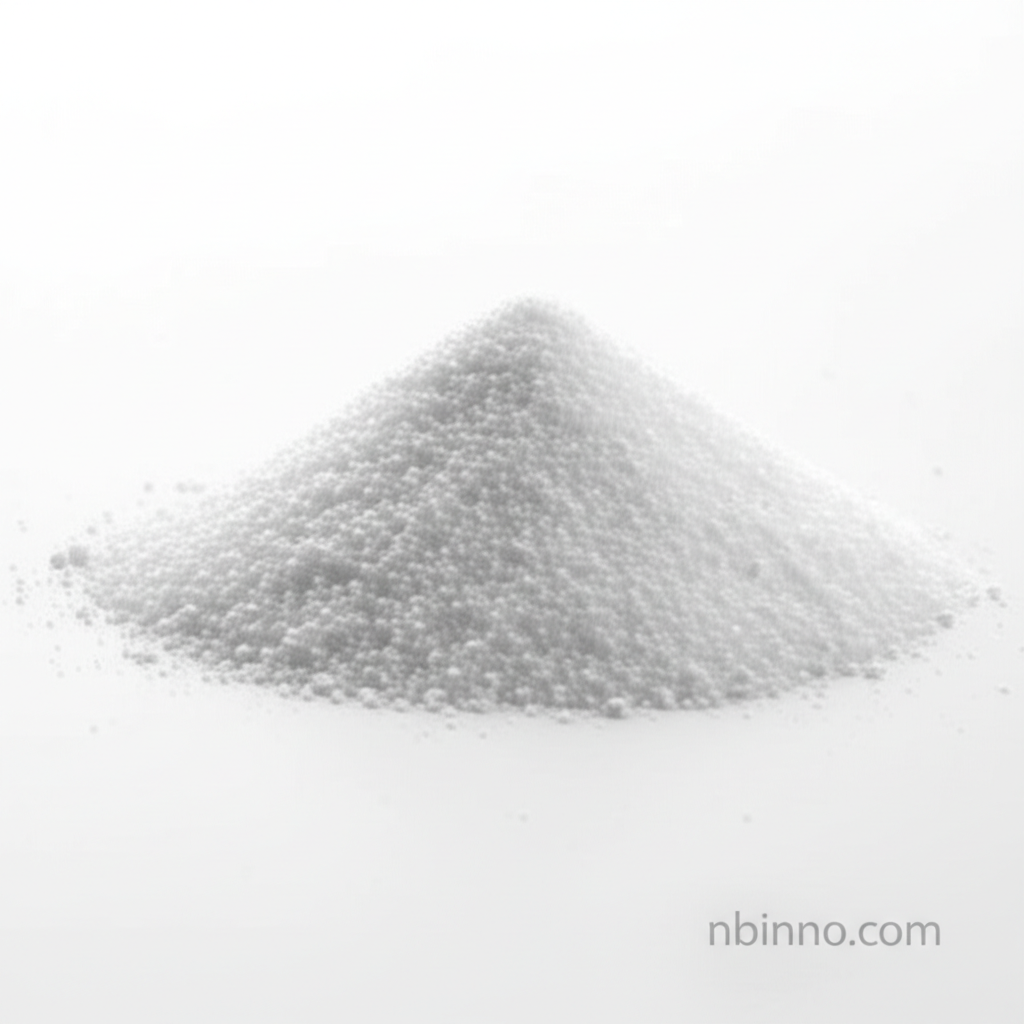Ranitidine Hydrochloride: A Deep Dive into Its Pharmaceutical Significance
Explore the properties, uses, and market journey of this key pharmaceutical intermediate.
Inquire NowUnderstanding Ranitidine Hydrochloride

Ranitidine Hydrochloride
Ranitidine hydrochloride is a crucial active pharmaceutical ingredient known for its ability to effectively reduce stomach acid production. Its mechanism of action as an H2 receptor antagonist helps manage various gastrointestinal conditions.
- Explore the pharmaceutical grade ranitidine hydrochloride uses in treating gastric ulcers and preventing their recurrence.
- Understand the ranitidine hcl mechanism of action, which involves blocking histamine at H2 receptors to decrease acid secretion.
- Learn about the ranitidine hcl side effects, including potential risks that led to market concerns.
- Investigate the ranitidine hcl market withdrawal and the critical issue of NDMA impurity.
Key Advantages and Considerations
Effective Acid Reduction
Ranitidine hydrochloride's primary benefit lies in its potent ability to suppress gastric acid, offering relief for conditions like heartburn and acid indigestion, making its pharmaceutical grade highly sought after historically.
Established Therapeutic Use
For decades, ranitidine hydrochloride was a cornerstone in treating peptic ulcers and GERD, underscoring its importance in gastrointestinal health management and the extensive research into ranitidine hcl uses.
Critical Safety Insights
The discovery of the ranitidine hcl NDMA impurity highlighted the paramount importance of drug safety and led to global recalls, a crucial lesson in pharmaceutical intermediate sourcing and quality control.
Key Applications
Pharmaceutical Manufacturing
Utilized as an active pharmaceutical ingredient (API) for medications aimed at reducing stomach acid, including historical treatments for heartburn and acid reflux.
Ulcer Treatment and Prevention
A key component in therapies designed to treat stomach and intestinal ulcers and to prevent their recurrence, as part of the established ranitidine hydrochloride uses.
Gastroesophageal Reflux Disease (GERD) Management
Played a significant role in managing GERD and related symptoms like chronic cough and difficulty swallowing due to its acid-suppressing properties.
Research and Development Reference
Serves as a reference compound for understanding H2 receptor antagonists and for developing new treatments, even as the ranitidine hcl market withdrawal is studied.
